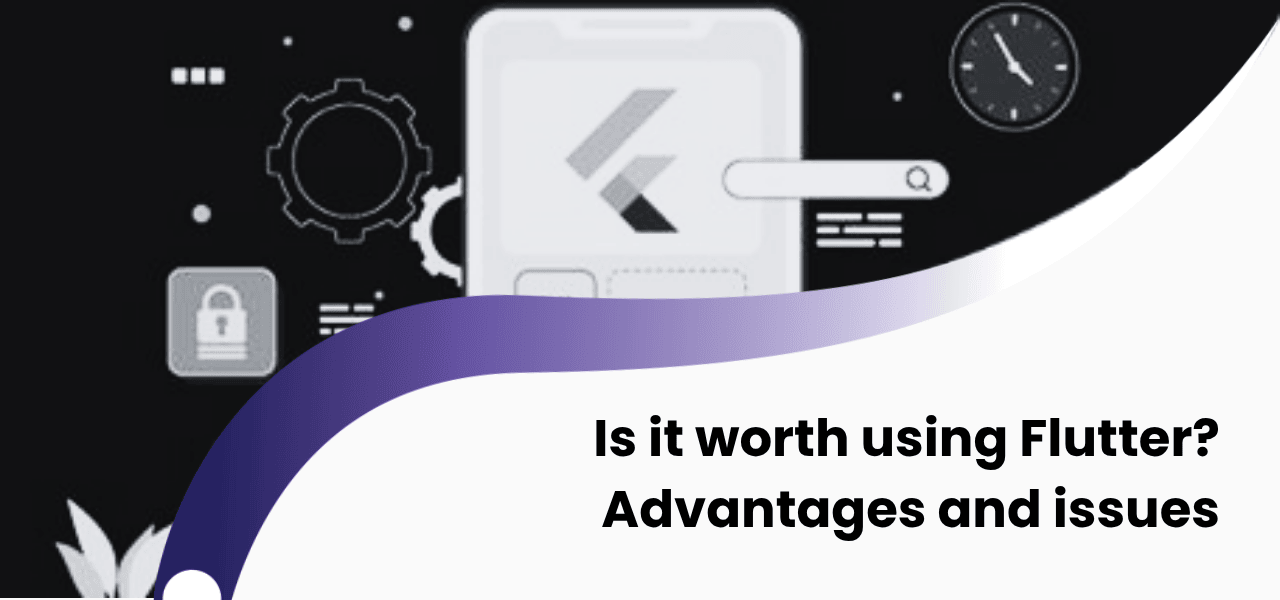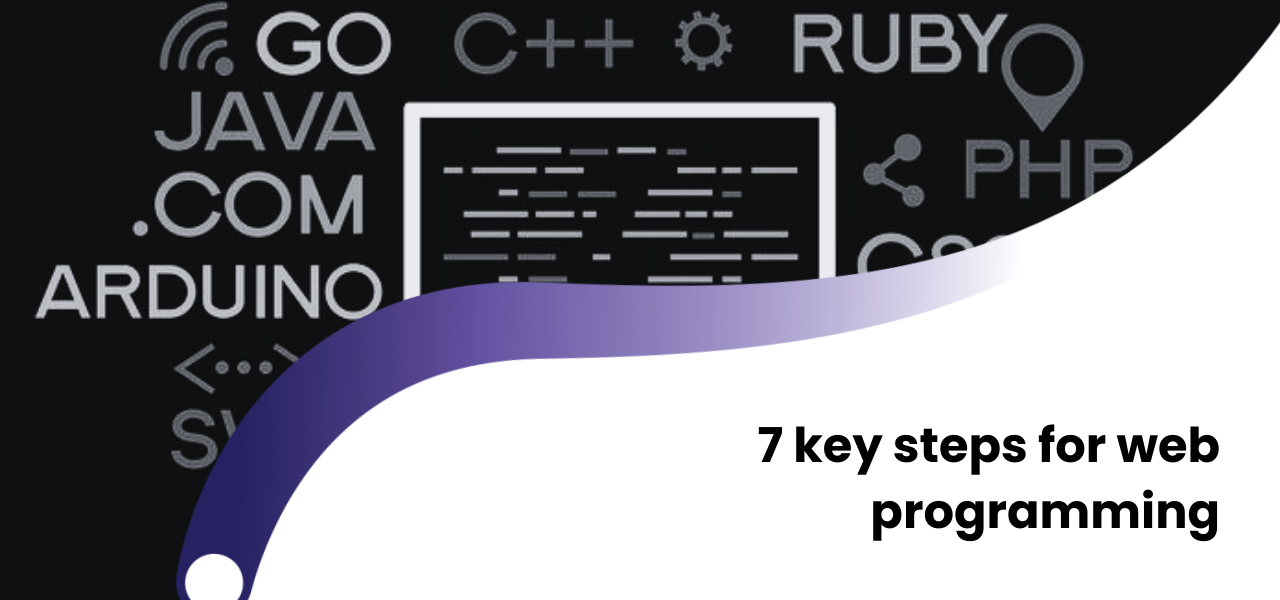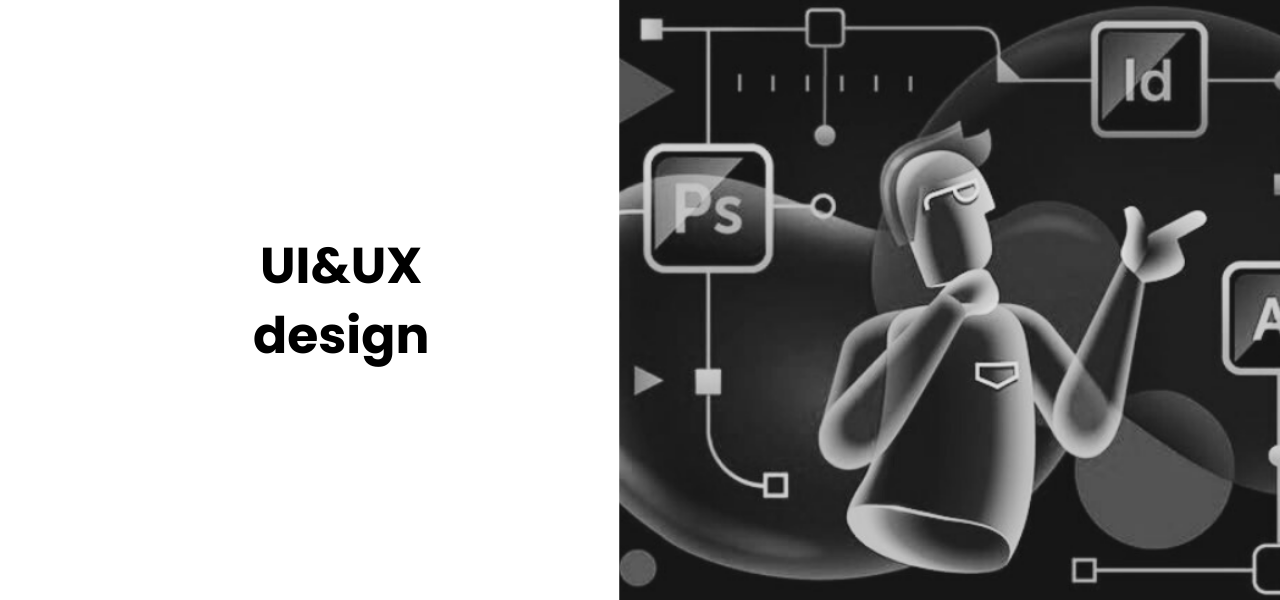What is Flutter?
Flutter is an open-source UI framework developed by Google. It allows developers to build mobile applications for both Android and iOS (as well as web, desktop, and other platforms) using a single codebase.
What is Flutter Used For?
Flutter enables developers to create cross-platform applications for Mobile (Android and iOS), Web, Desktop (Windows, macOS, Linux), and even some embedded systems — all from a single codebase.
Advantages of Flutter
Single Codebase
You can build applications for multiple platforms with just one codebase. This offers significant savings in time and resources.Beautiful Interfaces
Flutter comes with its own widget system, allowing developers to build custom and visually attractive user interfaces.Hot Reload
Code changes can be reflected in the app instantly, which significantly speeds up the development process.Despite all these advantages, there are over 5,000 issues related to Flutter reported on GitHub. As the Flutter community continues to grow, it takes longer to address each issue. This forces developers to come up with temporary solutions (workarounds).
Issues with Flutter
Dependencies
Flutter relies heavily on packages and plugins to add functionality. However, some packages are no longer maintained or are written in outdated languages, which may cause compatibility issues.Versioning
Migrating a Flutter project built on an older version to a new version can lead to various issues. You often need to update the packages and plugins as well, or risk running into compatibility problems.App Lifecycle
Flutter’s app lifecycle differs from native Android and iOS, which can lead to management issues. For example, native Android uses methods like onPause and onResume, and iOS uses viewDidLoad and viewWillAppear, whereas Flutter provides a more abstract and unified lifecycle.What Should You Pay Attention to When Working with Flutter?
Use actively maintained packages
Consider platform-specific differences
Use the correct widgets properly
Monitor performance closely
Test continuously
The Importance of Flutter
As the mobile app industry grows, Flutter stands out as a leading framework for creating high-quality apps quickly and efficiently.
Cost-efficiency: Using a single codebase reduces overall development costs.
Effective UI: The rich widget library enables developers to design visually engaging user interfaces.
Future Outlook
Integration with AI and Machine Learning
The use of artificial intelligence (AI) and machine learning (ML) in mobile apps is on the rise. In the near future, more Flutter developers are expected to use tools like Google ML Kit and TensorFlow Lite.
Improved Performance Optimization
As apps become more complex, performance must remain seamless. Further improvements to the Dart programming language will be key to ensuring this.
Integration with Generative AI
With generative AI technologies, developers will be able to automate repetitive coding tasks, generate UI components based on user preferences, and deliver personalized user experiences.
Growth of the Flutter Community
Every year, more developers join the Flutter community. Supporting each other and solving issues together will add value to the ecosystem.
Specialized Tooling and Automation
Stronger integration with CI/CD tools and backend services will allow developers to automate various stages of development, increasing productivity and ensuring consistent quality.
Conclusion: Is Flutter the Future of Mobile App Development?
The future of Flutter looks promising. As the number of developers in the ecosystem increases, and if Flutter continues to evolve according to market needs—supported strongly by Google—it can become a highly viable technology for many businesses.
FAQ
What programming language does Flutter use?
Flutter uses the Dart programming language, created by Google. Dart is both performant and easy to read.
Does Flutter offer native-like performance?
Yes, Flutter code is compiled to native machine code, ensuring high performance.
Is Flutter hard to learn?
If you have experience with object-oriented programming (OOP), learning Flutter and Dart is quite straightforward.
Can AI be integrated into Flutter apps?
Yes, you can integrate tools like Google ML Kit and TensorFlow Lite into Flutter projects to build features using AI and machine learning.
 +994512060920
+994512060920





